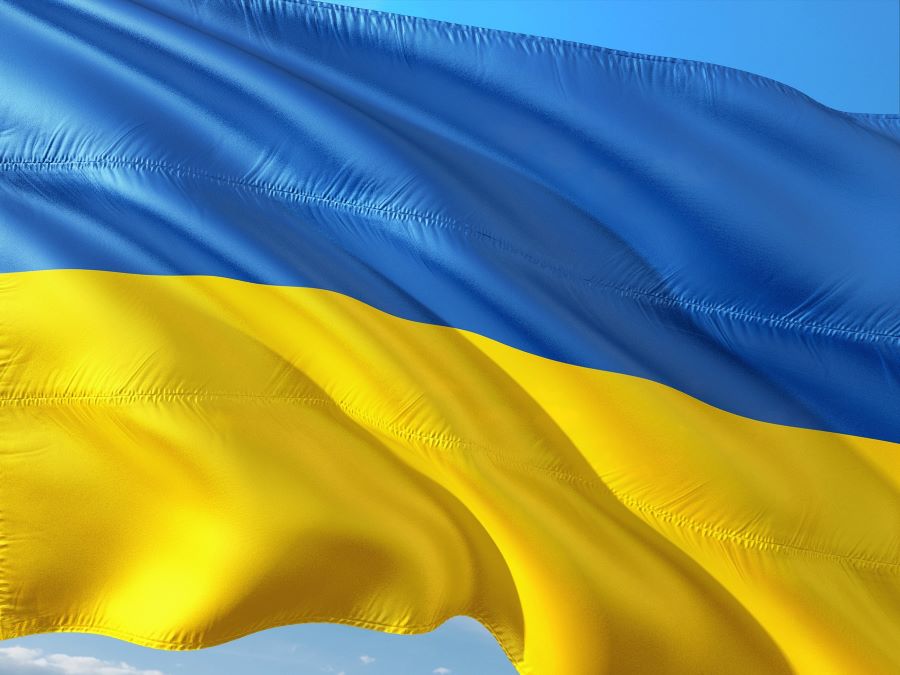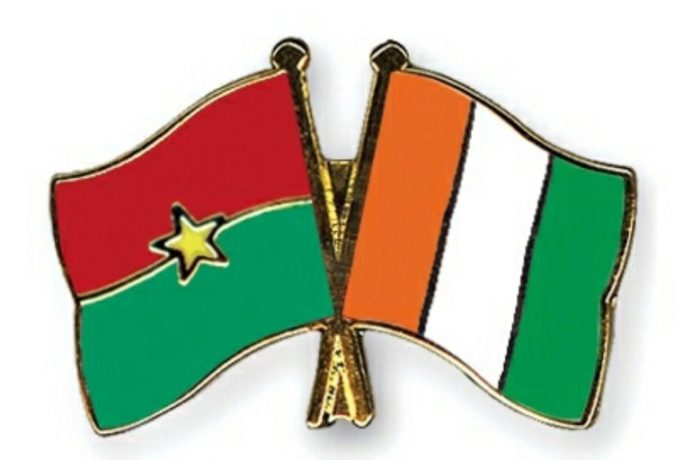Ukrainian flag. Pixabay/NI
Germany and Britain have delivered Western-made heavy tanks to Ukraine that should bolster kyiv’s troops’ ability to repel invading Russian forces, officials said Monday.
These tanks, long on kyiv’s wish list, were committed by Western countries this year and arrive in time for Ukraine’s long-awaited offensive this spring.
Parallel to beefing up the Ukrainian arsenal, Russia is sticking to its president Vladimir Putin’s plan to deploy tactical nuclear weapons to Moscow’s ally Belarus in northern Ukraine despite criticism.
New massacre at a US school leaves six dead
German government chief Olaf Scholz told reporters on Monday that they had supplied “very modern” Leopard battle tanks to kyiv. The Ministry of Defense later indicated that 18 units were sent.
“Our tanks have reached the hands of our Ukrainian friends as promised and on time,” Defense Minister Boris Pistorius said in a statement.
In addition, kyiv also received Challenger tanks from Britain, a spokeswoman for the Ukrainian Defense Ministry said.
The head of this department, Oleksiy Reznikov, previously said that he had inspected a “new addition” to his arsenal, consisting of these tanks, German Marder infantry fighting vehicles, and American Stryker and Cougar armored vehicles.
“A year ago, no one would have thought that the support of our partners would be so strong,” Reznikov said on Facebook.
deployment of nuclear weapons
In Moscow, Kremlin spokesman Dmitri Peskov said Western criticism of Putin’s announcement about the deployment of nuclear weapons in Belarus “cannot influence Russia’s plans.”
In a televised interview two days earlier, Putin said they were going to plant tactical nuclear weapons “without violating” their “international agreements on nuclear non-proliferation.”
The threat of a nuclear disaster has loomed over this conflict for a year, especially around the Ukrainian Zaporizhia power plant, controlled by the Russians since the early stages of the war.
During a visit by the director of the International Atomic Energy Agency (IAEA), Rafael Grossi, Ukrainian President Volodimir Zelensky said that it was not possible to guarantee security around that nuclear power plant.
“Without the immediate withdrawal of Russian troops and personnel from the Zaporizhia nuclear plant and its adjacent territory, any initiative to restore nuclear security is doomed to failure,” he said.
The Argentine Grossi, who is due to visit the plant this week, said he had met Zelensky in the city of Zaporizhia and reiterated “the IAEA’s full support for Ukraine’s nuclear facilities.”
Guatemala: The electoral campaign begins for the general elections
evacuations at the front
In eastern Ukraine, Russian missiles hit several buildings in Sloviansk, killing two people in their cars and injuring more than 30, police said.
A bloodstained cap lay on the side of a street, next to a parked vehicle with the front seat stained red and covered in broken glass.
Police said the projectiles were Russian S-300 missiles, theoretically designed for air defense but used by Moscow to carry out ground attacks due to its troops’ alleged lack of ammunition.
In Avdiivka, another hard-hit town on the frontline in the eastern Donetsk region, a Ukrainian official said municipal workers were being evacuated as Russian forces advanced.
“Avdiivka is looking more and more like a place out of post-apocalyptic movies,” said the head of the local military administration, Vitaliy Barabash, on social media.
“For this reason, the difficult decision was made to evacuate (…) the municipal workers, who at least tried to maintain the cleanliness and vitality of the city” while they were still there, he added.
Russian forces have been trying to occupy the entire eastern Donetsk region for months, with especially bloody fighting in the town of Bakhmut, north of Avdiivka.


